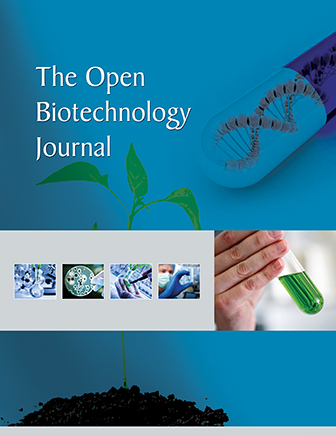All published articles of this journal are available on ScienceDirect.
Epigenetic Reprogramming in the Mammalian Germ Line: Possible Effects by Endocrine Disruptors on Primordial Germ Cells
Abstract
The present work provides a brief review about evidence obtained in the past years mainly in our laboratory using the mouse model, that germ cells and gonadal somatic cells may be direct target of endocrine disruptors (EDs) from very early stages of gonad formation. Since it is now known that epigenetic pathways are crucial for germline development and that EDs are also able to interfere with epigenetic mechanisms, we will discuss these results mostly in light of possible effects by such molecules on the epigenoma of the primordial germ cells (PGCs), the precursors of the adult gametes that transmit genetic information between generations.


